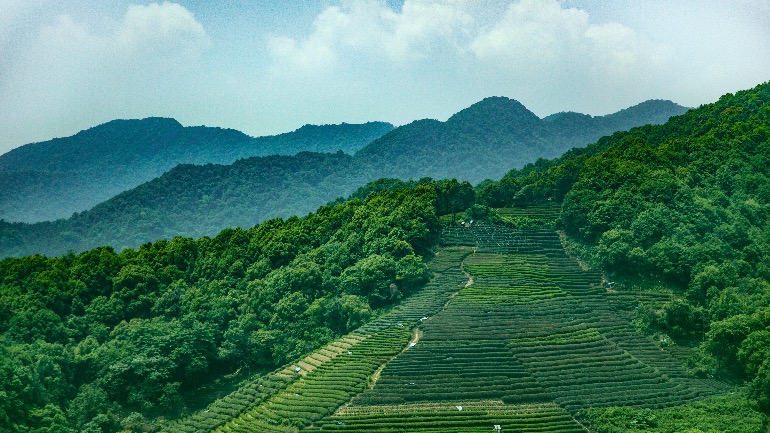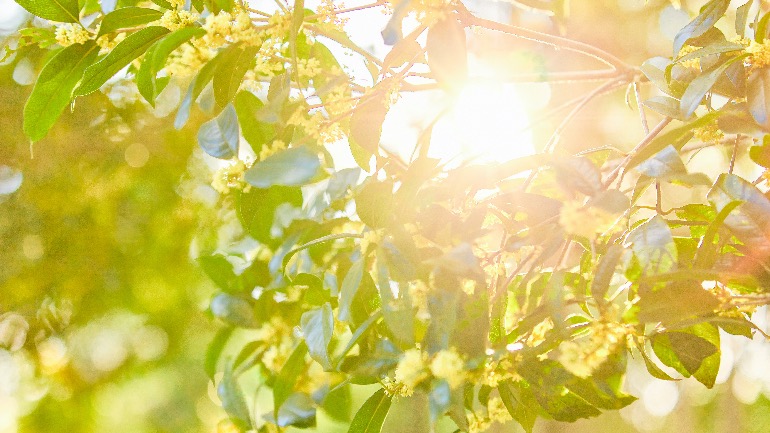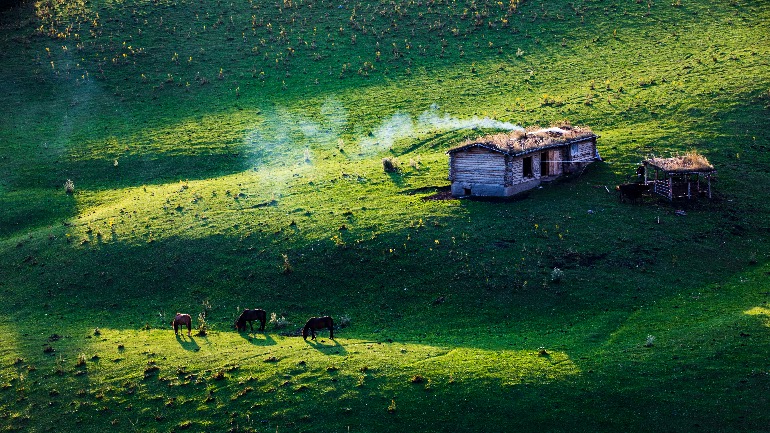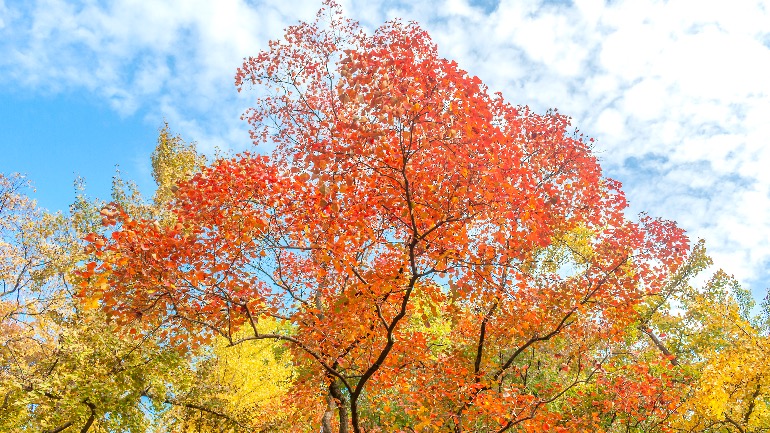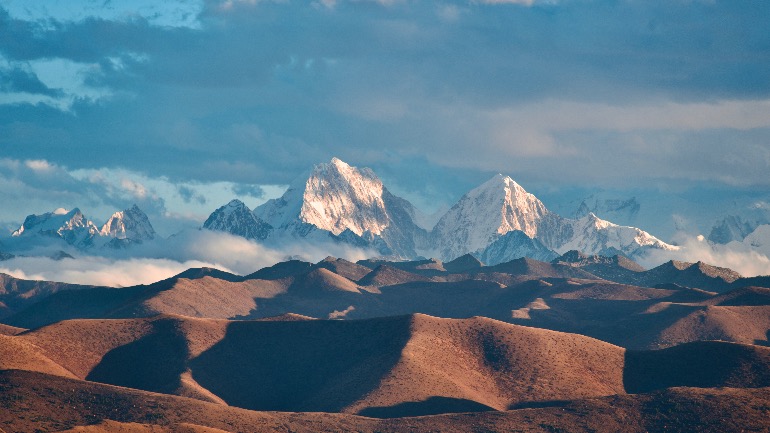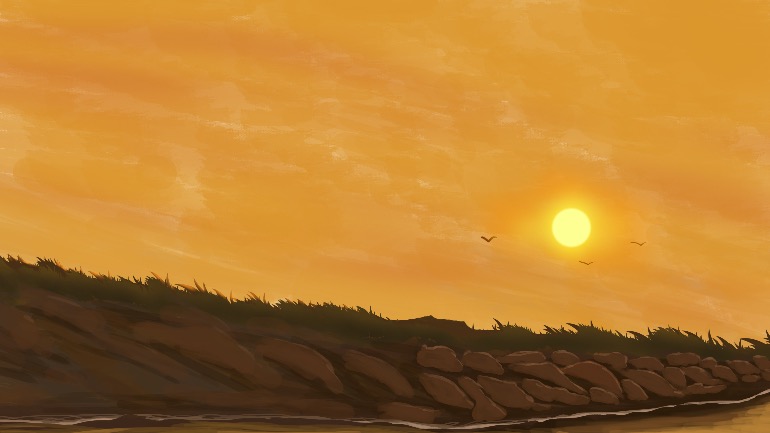when a karmic seed is planted in the alaya consciousness, it will yield fruit when all the right conditions come together. This fruit is also called karmic effect.
KHENPO'S BLOG
The minimum goal we should set for ourselves of this life is to enter the bodhisattva’s path of accumulation, which is the first step, a must, to start the journey of dharma practice. What then is the primary factor leading to the path of accumulation? It is genuine bodhicitta.
For example, good karma is likely to be destroyed when a person, after reciting the heart mantra of Manjusri one hundred million times, goes on to tell others what great merit he or she has thus accumulated and flaunts the skills in meditation with pride.
The practice of virtuous actions should never be a passive one. In fact, any good action, if forced, will not be good any more as it comes not from the heart and is done merely as a formality. Therefore, it is extremely important to make everyone understand the essence, the view and the conduct of Mahayana Buddhism.
The second type is suffering arising from change. This type of suffering is not obvious at the outset, but may turn into something rather painful later on. For instance, if we see a stranger die of a car accident on the street, we probably will not feel too distraught with grief. However, if the deceased should turn out to be our parent or a loved one, our grief would be very strong and immediate because of the emotional attachment we have to the person. Frankly, we would not have suffered had suffering not been a latent part of family relationship already. Besides, worldly happiness can also turn into a source of suffering. For example, the happy gathering of friends and relatives gives one pleasure, but the eventual parting makes one sad. If there had been no feeling of happiness at the gathering, there would not have been any sadness at the time of parting. Thus, happiness is in direct proportion to suffering here. Suffering arising from change may appear to be happiness on the surface, but can in fact turn into suffering at any moment. That is to say, without earlier happiness, no suffering will ensue either, just like we never feel happy or sad about meeting and leaving the strangers at the malls or other public places. Since we did not experience happiness in the first place, no suffering will ensue afterwards. Suffering arising from change is so named because the ensuing suffering concealed within prior happiness will eventually reveal itself when conditions change.
- Quote from The Right View, "The Four Noble Truths—the Path Out of Samsara"
For example, how do we dedicate the merit accrued from liberating animals? We should sincerely make a vow: “However the Buddhas of the past, present and future dedicate their merit, I will do the same as well.” This would be nonpoisonous dedication. Naturally, we can also recite the Practices and Vows of the Bodhisattva Samantabhadra as it contains many auspicious dedications. If not knowing how or not having the time to recite the whole text, we can just recite the eight verses in the two stanzas from “In whatever way valiant Manjusri and Samantabhadra know how to transfer merit” to “I dedicate all of these roots of virtue to accomplishing the deeds of Samantabhadra.” Nagarjuna once said, “These two stanzas embody the essence of the Practices and Vows of the Bodhisattva Samantabhadra .” Therefore, to recite just these two stanzas would be the same as having read the whole text.
However, the bodhisattvas primarily do not use worldly means to save sentient beings, but show them instead how to choose the correct path by way of the Dharma. Man is an intelligent creature. Once they know the most reliable path, they will choose wisely and willingly take the path of enlightenment with enthusiasm. The practice of virtuous actions should never be a passive one. In fact, any good action, if forced, will not be good any more as it comes not from the heart and is done merely as a formality. Therefore, it is extremely important to make everyone understand the essence, the view and the conduct of Mahayana Buddhism.
Also stated in the Abhidharma-kosha-shastra is that some children may suffer the effect of seriously negative karma that their parents accumulated. If children can suffer the consequences of their parents’ negative karma, is it not contradictory to the Buddhist teaching that one reaps what one sows and that no one can assume other’s karma? The Abhidharma-kosha-shastra explains that these children themselves already have certain negative karma. Due to the close relationship between the parents and their children, the ripening of the children’s negative karma may be expedited when the parents committed extremely evil karma.
If in this life we only have contrived, not genuine, bodhicitta, just as the Venerable Atisha said, “Those who have aroused contrived bodhicitta in this life will become great bodhisattvas in the next life and be able to deliver as many sentient beings from samsara as there are in Jambudvipa. " Why is that? That is due to the fact that simply arousing bodhicitta is already a supreme Dharma practice. Based on infallible karma, it is only logical for those people to attain equally supreme result in their next lives.



